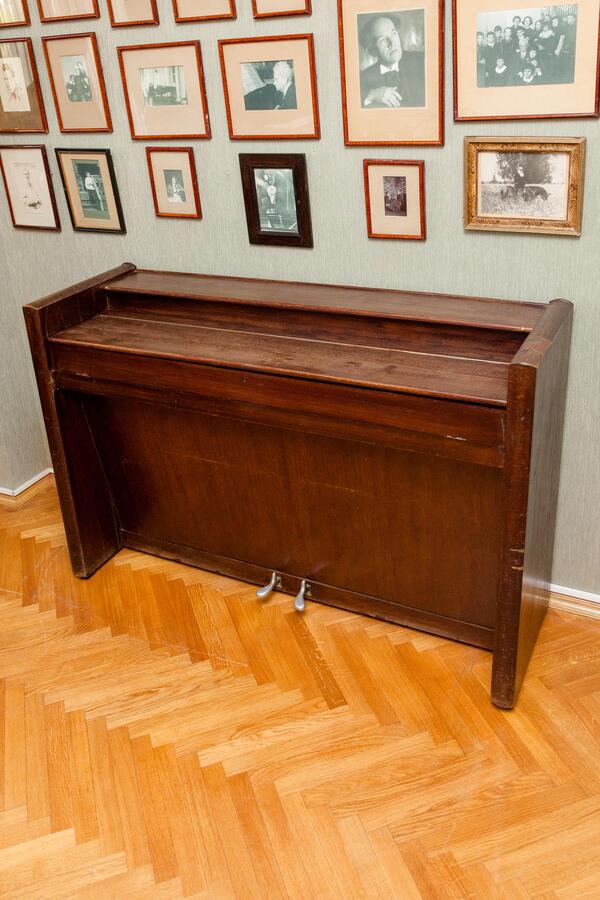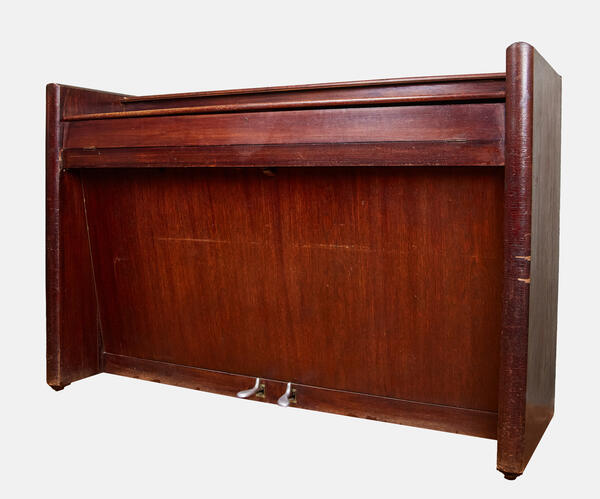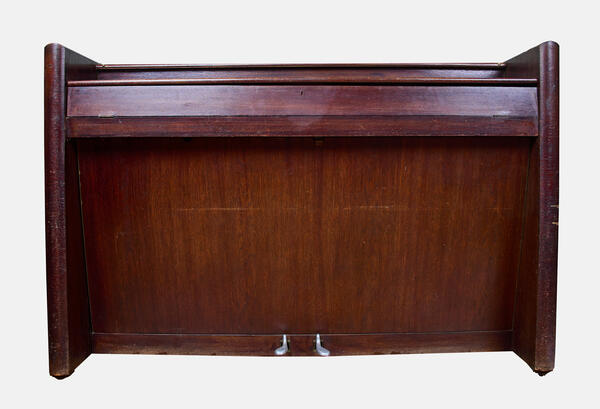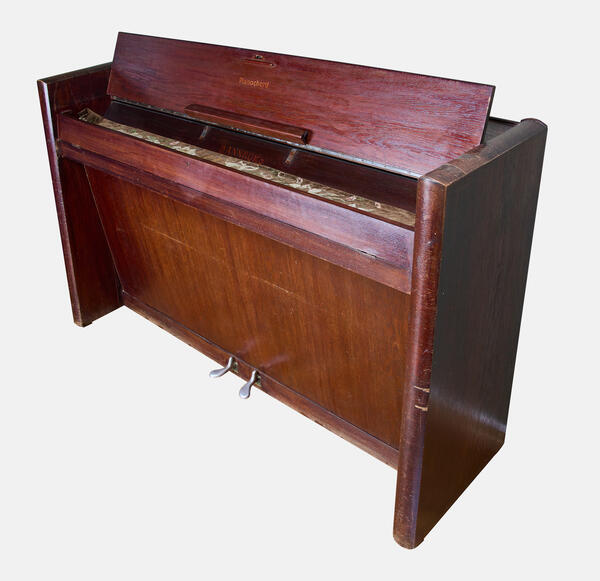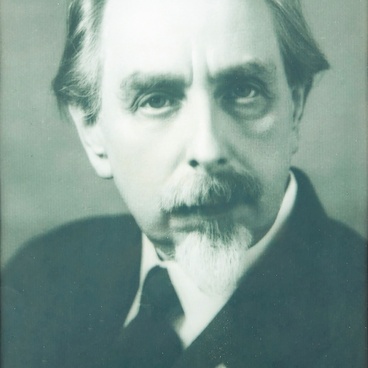The pianochord by the German company Mannborg is a small piano of a rare design. The founder of the company that produced this unique musical instrument was Karl Theodor Mannborg, a German entrepreneur of Swedish origin. Trained as a carpenter, Theodor continued his studies at the Swedish harmonium factory in Karstad. Thanks to extensive theoretical knowledge and practical experience, on April 29, 1889, Mannborg opened a private enterprise to produce harmoniums and spare parts. Thanks to Mannborg’s use of innovative methods in the creation of musical instruments, they were in great demand, which led to the expansion of production. In 1894, Karl Mannborg opened a new factory in Leipzig.
The years of the First World War caused great damage to the factory. To keep the enterprise, Theodore decided to produce furniture instead of musical instruments, and he himself stood at the machine to train inexperienced workers. As a result the company did not go bankrupt and after the war it rapidly improved the quality and increased the quantity of goods, practically ousting American competitors from the European market.
Mannborg’s children and grandchildren continued his business. In 1934, after Theodor’s death, they began to produce small pianos, the so-called pianochords. These musical instruments became widespread during the Second World War. The small size of the pianochord made it possible to place it easily in the headquarters of the German command. Unlike the heavy piano, the pianochord lacked a “footer” — a solid wooden frame that served as the basis for attaching parts and details. Its absence did not affect the sound of the instrument.
Alexander Goldenweiser acquired a pianochord in the spring of 1948 at the request of his pupil, the talented pianist Grigory Romanovich Ginzburg. On April 30, Alexander Goldenweiser wrote in his diary,

